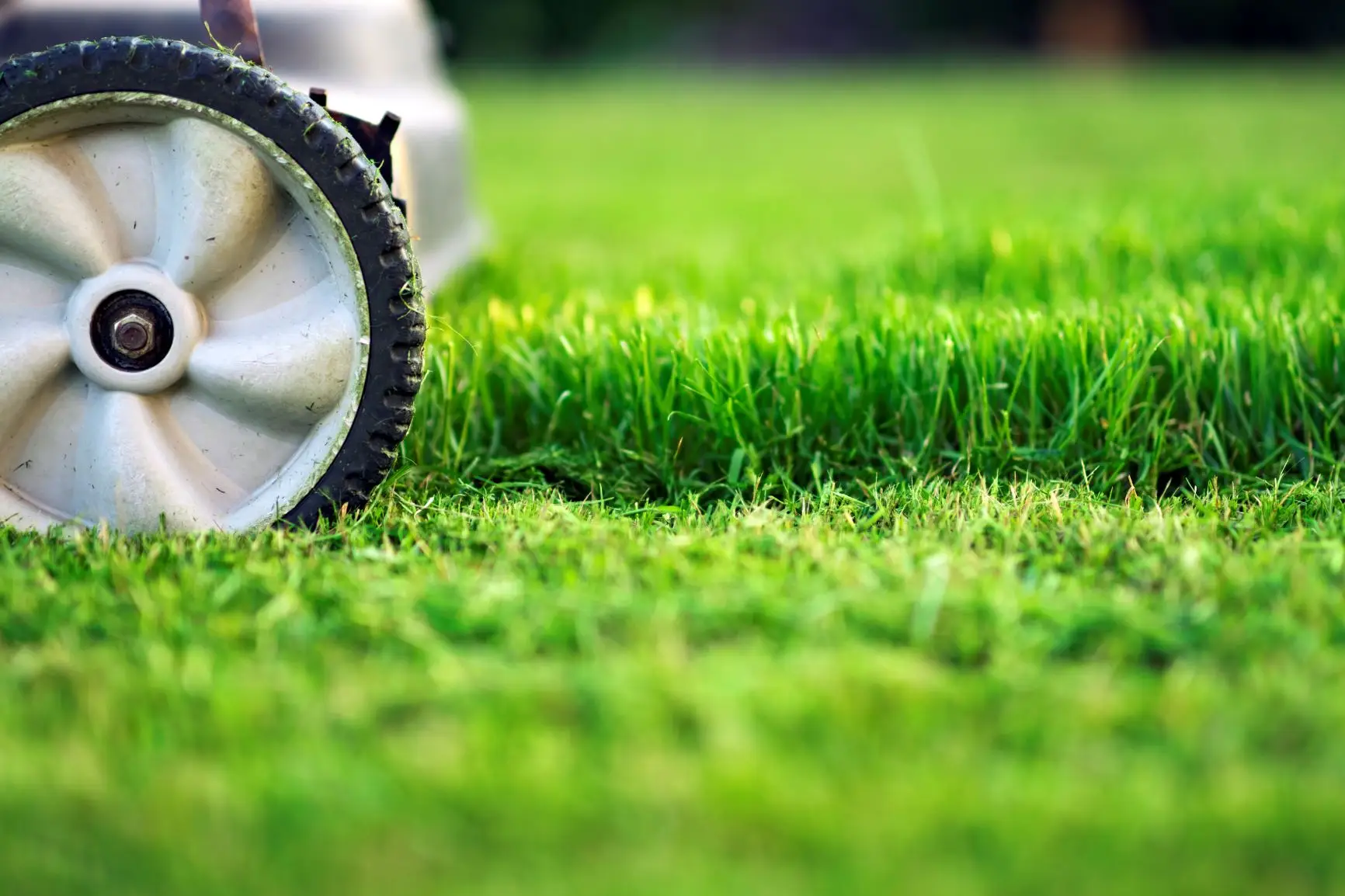 We’re looking forward to summer and our lawns looking great! Of course, that’s when they grow like crazy, and with weekly mowing ahead on the schedule, some folks are wondering whether to leave or remove the grass clippings. We’ll give you some good tips – just read on below.
We’re looking forward to summer and our lawns looking great! Of course, that’s when they grow like crazy, and with weekly mowing ahead on the schedule, some folks are wondering whether to leave or remove the grass clippings. We’ll give you some good tips – just read on below.
Did you know that the average lawn generates about 500 pounds of grass clippings each year? Did you also know that 75% of that weight is water? When dried, each grass blade is a mere shadow of itself, ready to add the nutrients left behind back into your soil.
So are grass clippings good or bad?
The consensus among landscapers and extension service researchers is: leave the grass clippings on your lawn. Here are some reasons why…
First, the rumors about grass clippings are not true. Leaving your clippings does not cause thatch, the brown, spongy, matted layer between the roots and leaves of your grass plants. Thatch is the result of leaves and small twigs and other organic matter that takes a long time to break down in the environment. Grass clippings readily decompose and return needed nutrients to the soil. If thatch has accumulated in your lawn, hiring a landscaper to aerate once or twice a year is the best remedy.
Second, grass clippings are actually beneficial to your lawn!
- They add steady nutrition to your lawn during the growing season as they decompose
- They create a good environment for earthworms and friendly microorganisms
- They help protect grass roots from drying out after a mowing
- Leaving clippings recycles waste instead of putting useful organic material in a landfill
- It can also reduce the amount of fertilizer you need for your lawn, and give your grass a better start in the spring.
 Perhaps the only down side to grass clippings is that they do tend to find their way into the house on the bottoms of shoes. This can be remedied with an old fashioned stiff bristle door mat, or by leaving shoes at the door on mowing day.
Perhaps the only down side to grass clippings is that they do tend to find their way into the house on the bottoms of shoes. This can be remedied with an old fashioned stiff bristle door mat, or by leaving shoes at the door on mowing day.
If you choose to remove your grass clippings, please consider composting them for your gardens, or taking them to a Boulder County Composting Drop Off Location.









